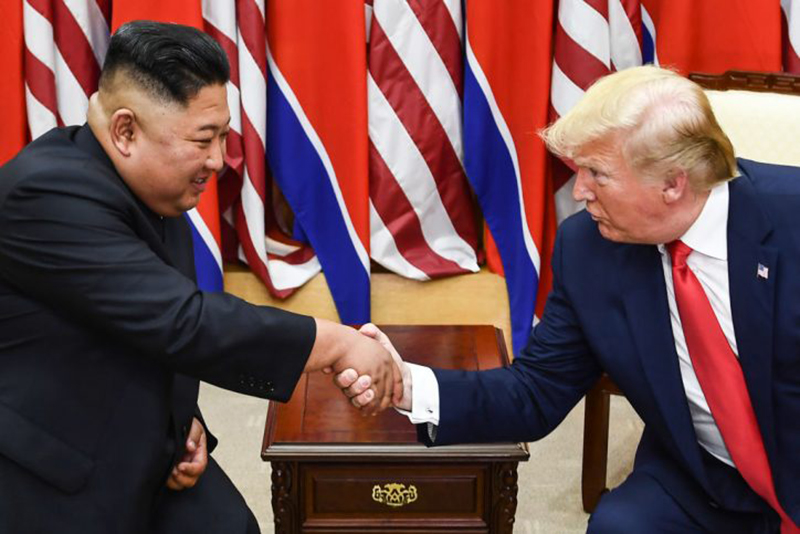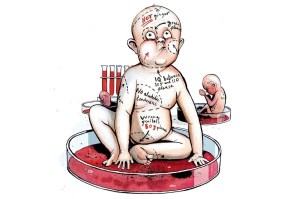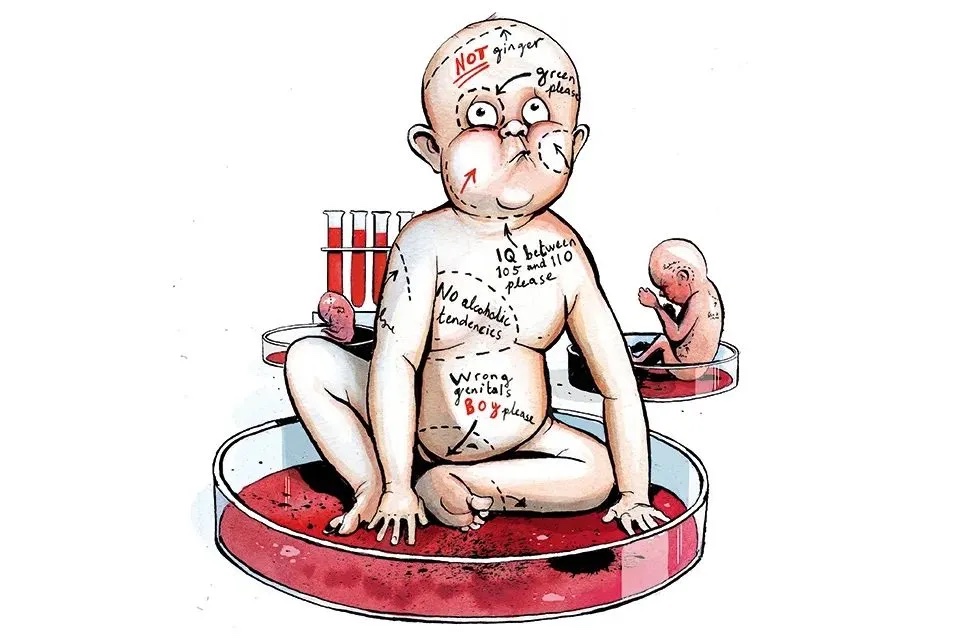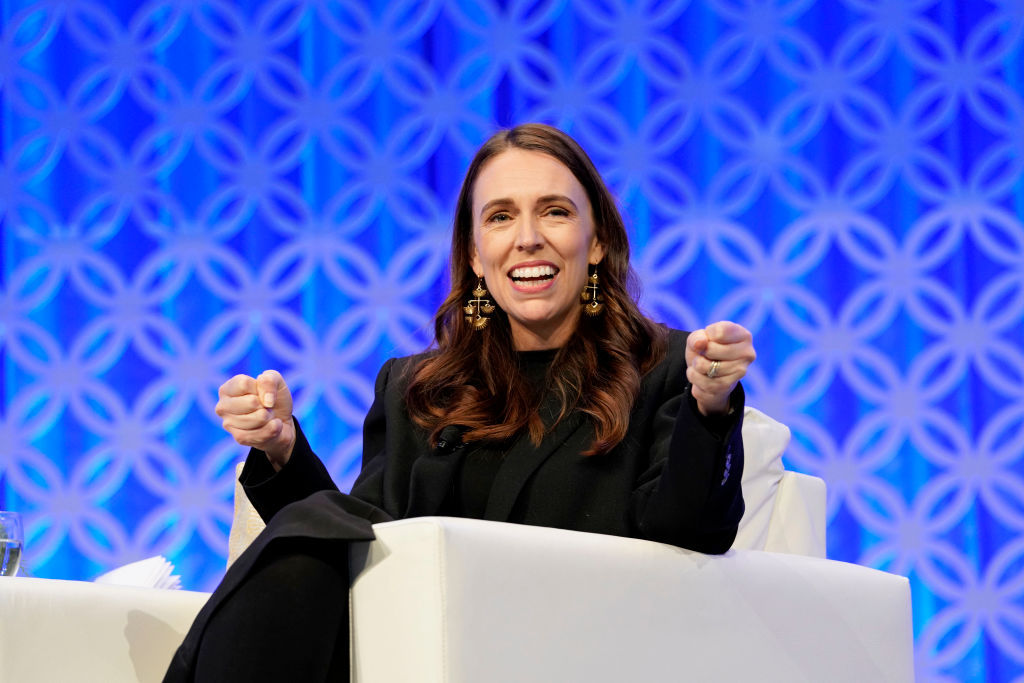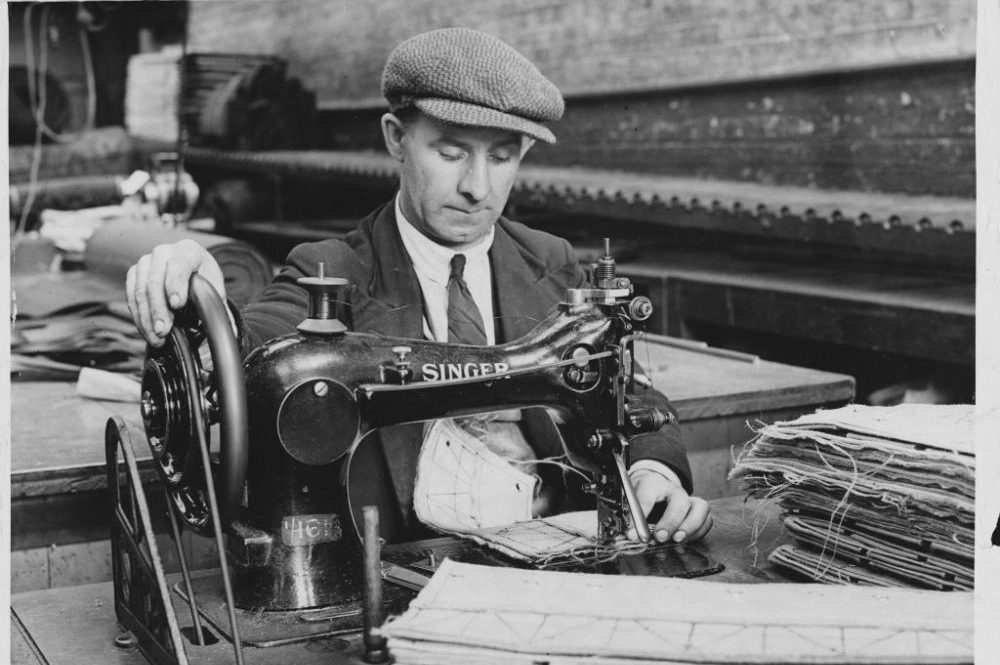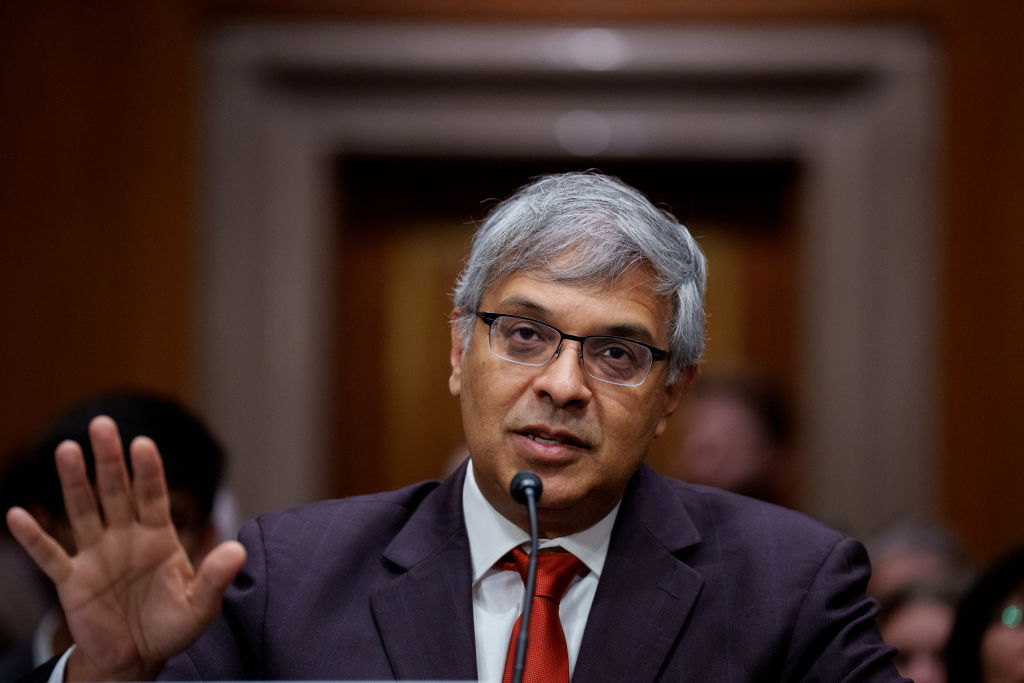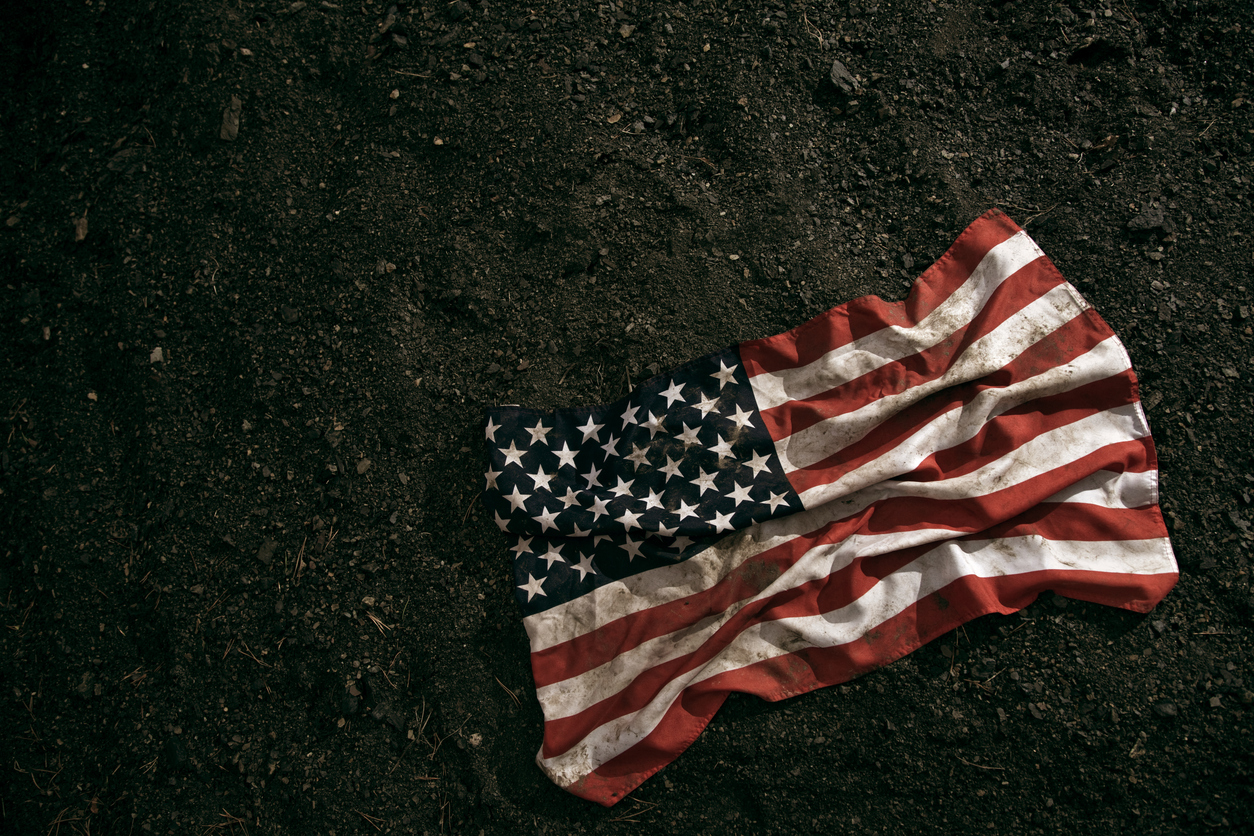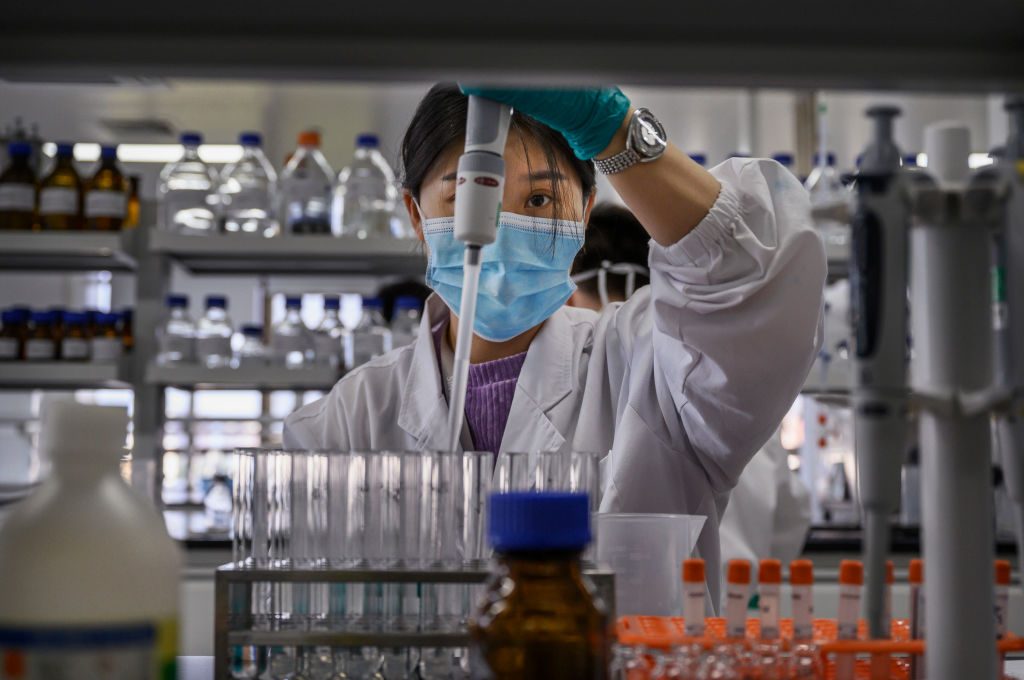Amid all of the current coronavirus-induced hysteria, the time-honored practice of shaking hands has come under intense scrutiny due to the possibility that it might aid the transmission of the disease. One of the more fascinating phenomena to arise from this is that a number of prominent people are now outing themselves as perennial handshake-phobes and asking whether we can’t all just dispense with the custom once and for all, even after coronavirus has run its course.
Famously-frenetic broadcaster, Jeremy Vine, tweeted, ‘Can we all just stop shaking hands anyway? It’s a practice that started centuries ago to ensure men didn’t reach for their swords — it’s a really shite custom regardless of #coronavirus and we should retire it permanently now we’ve got the excuse.’
Can we all just stop shaking hands anyway? It's a practice that started centuries ago to ensure men didn't reach for their swords — it's a really shite custom regardless of #coronavirus and we should retire it permanently now we've got the excuse
— Jeremy Vine (@theJeremyVine) March 10, 2020
‘Agreed!’ chimed-in Matt Ridley, the brilliantly-erudite author, science journalist and Tory peer, whose forthcoming book, How Innovation Works, I await, feverishly (but not in a Covid-19 sort of way).
‘Can coronavirus finally end the disgusting practice of shaking hands?’ asked conservative commentator Ann Coulter.
Even that rhetorical savant and now-former MEP, Daniel Hannan, saw fit to pen a piece for the London Telegraph in which he proposed the ‘return of the bow and the curtsy’ as the ‘silver lining’ of coronavirus.
It’s as if the coronavirus epidemic has finally given them the validation they’ve secretly always craved. But, with the greatest of respect to Jeremy, Matt, Ann and Daniel, they really need to get a grip. Preferably, a firm one.
There are compelling reasons why the handshake has endured — and should continue to do so — as the preferred form of greeting or signifying an agreement in much of the world ever since it originated 2,500 years ago in Ancient Greece.
A handshake is a powerful ritual — a symbol of trust, goodwill and peace. Extending an open hand to another person and grasping theirs in return, maintaining full and sincere eye-contact all-the-while, is a clear, outward reminder to all concerned of the mutual desire for fair, honest and friendly dealings. It’s true that any dastardly cad is equally-capable of participating in a handshake, in full, cynical foreknowledge of their intention to deceive, defraud or harm. Nonetheless, for the world’s honest and decent majority, the ritual of the handshake plays an important role in reinforcing the bonds of our shared values.
Human civilization has had ample opportunity over the past two-and-a-half millennia to R&D the best possible ritualistic technique for people to greet each other or solidify an agreement. There is a reason why the handshake has prevailed and achieved near-global ubiquity as the preferred option. The bow is too aloof and deferential. The fist bump — or its prophylactic variant, the elbow bump — is too jocular. The furnishing of namaste-style praying-hands is insufficiently-secular to serve as a universal greeting. The spread-fingered Vulcan salute is too…well…Vulcan.
The handshake, on the other hand, strikes the perfect balance: personal and cordial, while neither too formal nor too relaxed. It has been the favorite PR tool of politicians for decades. Nothing less than a handshake could have conveyed to the world the reconciliatory aspirations of Donald Trump and Kim Jong-un at their historic summit in 2019. A fist bump simply would not have sufficed.
There are few better litmus tests for the measure of a person’s character than the way that they shake hands. Do they square up, face-to-face, with conviction and aplomb or do they linger, afar, with uncertain intent and their torsos askew? Worse still, do they demonstrate a profound absence of self-awareness and respect for social norms by intruding too closely upon their opposite number’s personal space? Is their grasp reassuringly-firm, poised and confident or is it — as my father calls it — a floppy and limp ‘wet fish’? Do they convey their engagement and openness by maintaining eye-contact or do they avert their glance, evasively? Like a crystal ball into a person’s psyche, the handshake reveals all.
Nothing unites us all in the fabric of human connection like the handshake. In an increasingly atomized world, with our growing reliance on technology, with the furious, howling tribalism of social media, the simple act of clasping palms with another person brings us all that much closer together. It rekindles, daily, our sense of fellowship with the rest of humankind.
By all means, let’s take whatever precautionary measures are reasonable and warranted while the specter of coronavirus looms over us. But, the handshake has survived the profoundly more-deadly Plague of Justinian, Black Death and Spanish Flu, and it should prevail after coronavirus. So, can we please agree to resume this most important and indispensable of customary social practices, once the current viral scourge has moved on? Let’s shake on it.
This article was originally published on Spectator Life.



